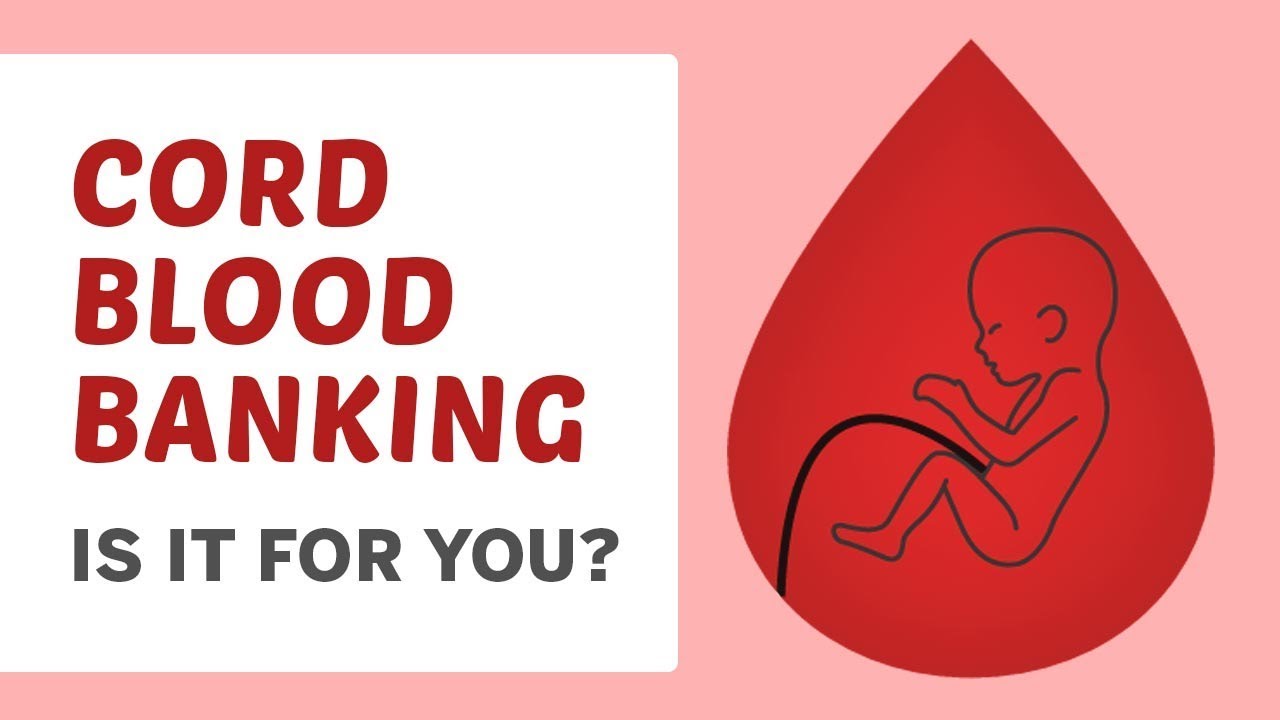
If one thing is coming to the limelight in medical documentation, it is cord blood banking.
If you are finding this term is coming up more often than not.
Or, if you are researching through your pregnancy and cord blood banking is a term that you stumbled across, then confusion ensuing is not very uncommon.
However, you have reached the perfect place because, in this excerpt below, we will talk about everything that you need to know about cord blood banking and how it can actually help your child.
Cord blood banking has been part of scientific research for quite some time now, and we are also seeing some good results coming our way.
The malignant diseases which can affect someone are endless!
Not saying that it will, but you should never ever take a chance with these ailments. This is why cord blood banking is an amazing option to look into.
What Is Cord Blood?
In simple terms, cord blood is something that remains in the placenta and the umbilical cord after the delivery of a newborn.
These blood cells have the stem cells of the fetus. These stem cells are the main building blocks of an infant’s system. Contributing to building a nervous system, digestive system, bones, and other important parts of the human body.
Cord Blood Banking?
Cord blood banking is saving these cord blood by drying them in a laboratory. First, however, let us get into more details.
When you decide to preserve your cord blood with a trusted cord blood banking company, once the baby is out of the womb, the lining of the umbilical cord is delicately detached from the baby and then extracted from the mother.
The umbilical cord is taken in a jar and immediately sent to the laboratory. Afterward, the blood and the cord tissues are dried for future usage.
Now, why do people preserve it? That is the question!
Why Should You Preserve Your Cord Blood
We always hear pregnant parents getting this suggestion.
Start saving money in your first trimester, and then save your cord blood for your child’s future.
But, does it really help your future? Now, that is where the decision lies.
Hey welcome to my blog . I am a modern women who love to share any tips on lifestyle, health, travel. Hope you join me in this journey!

Speak Your Mind